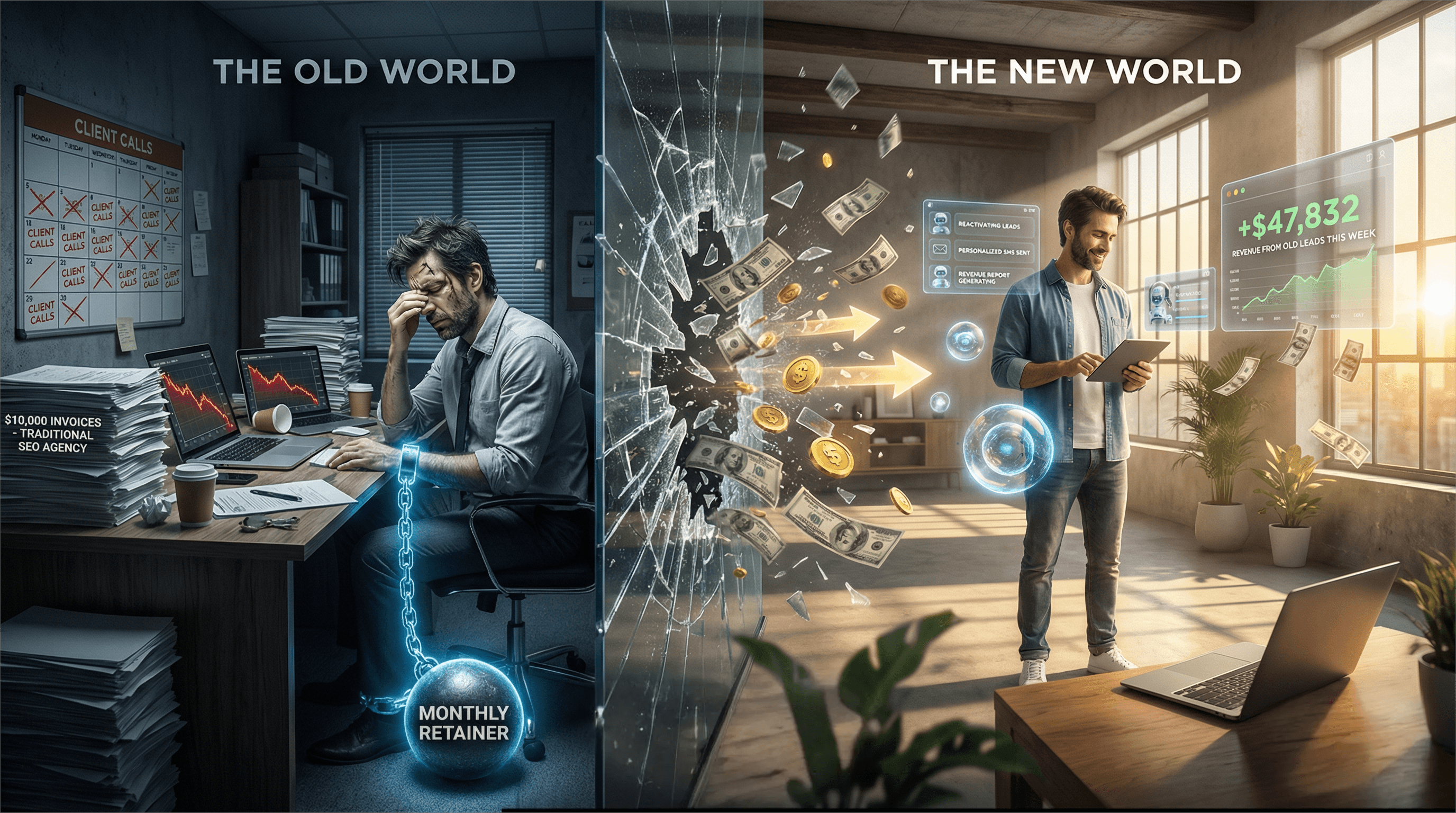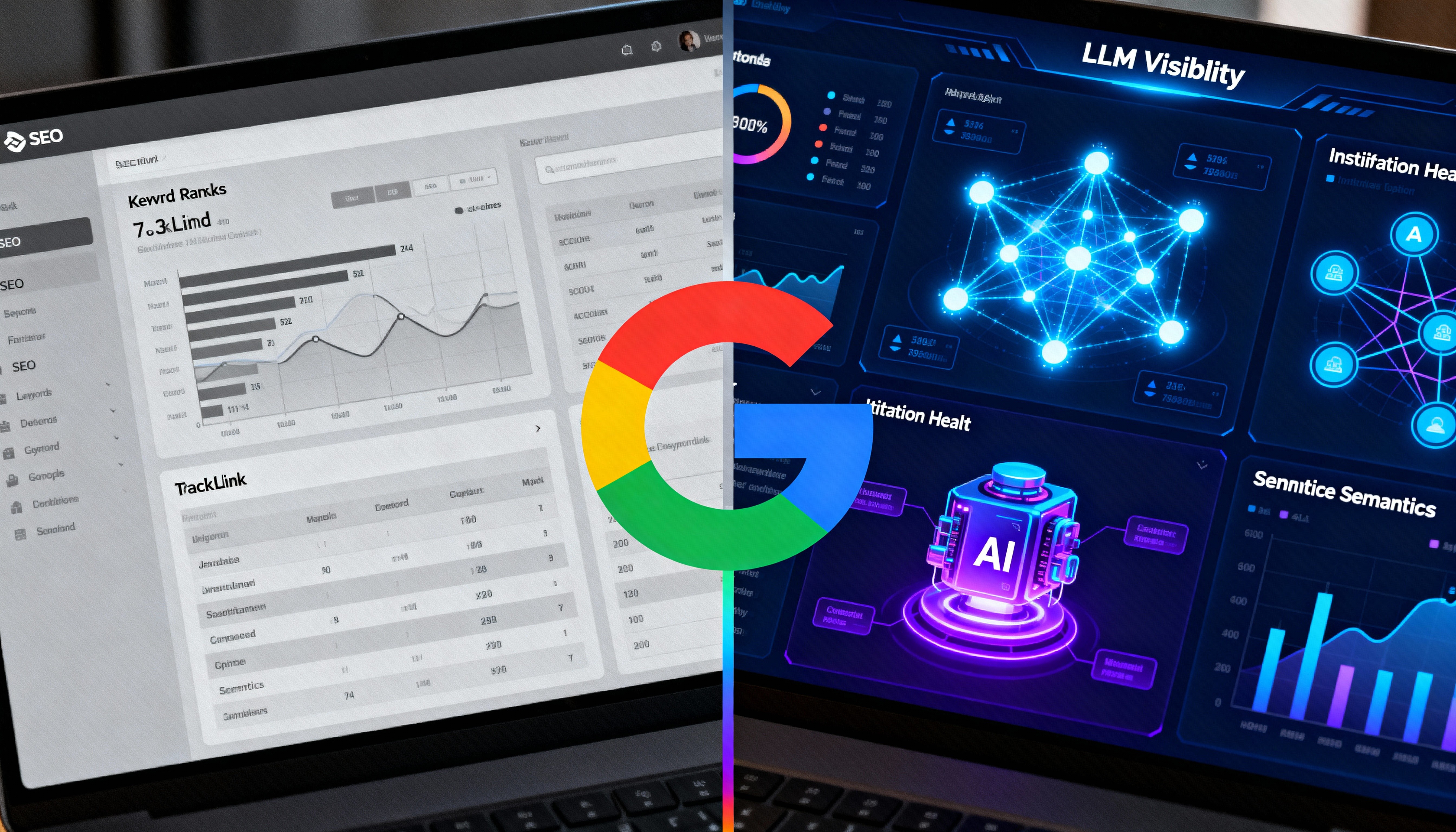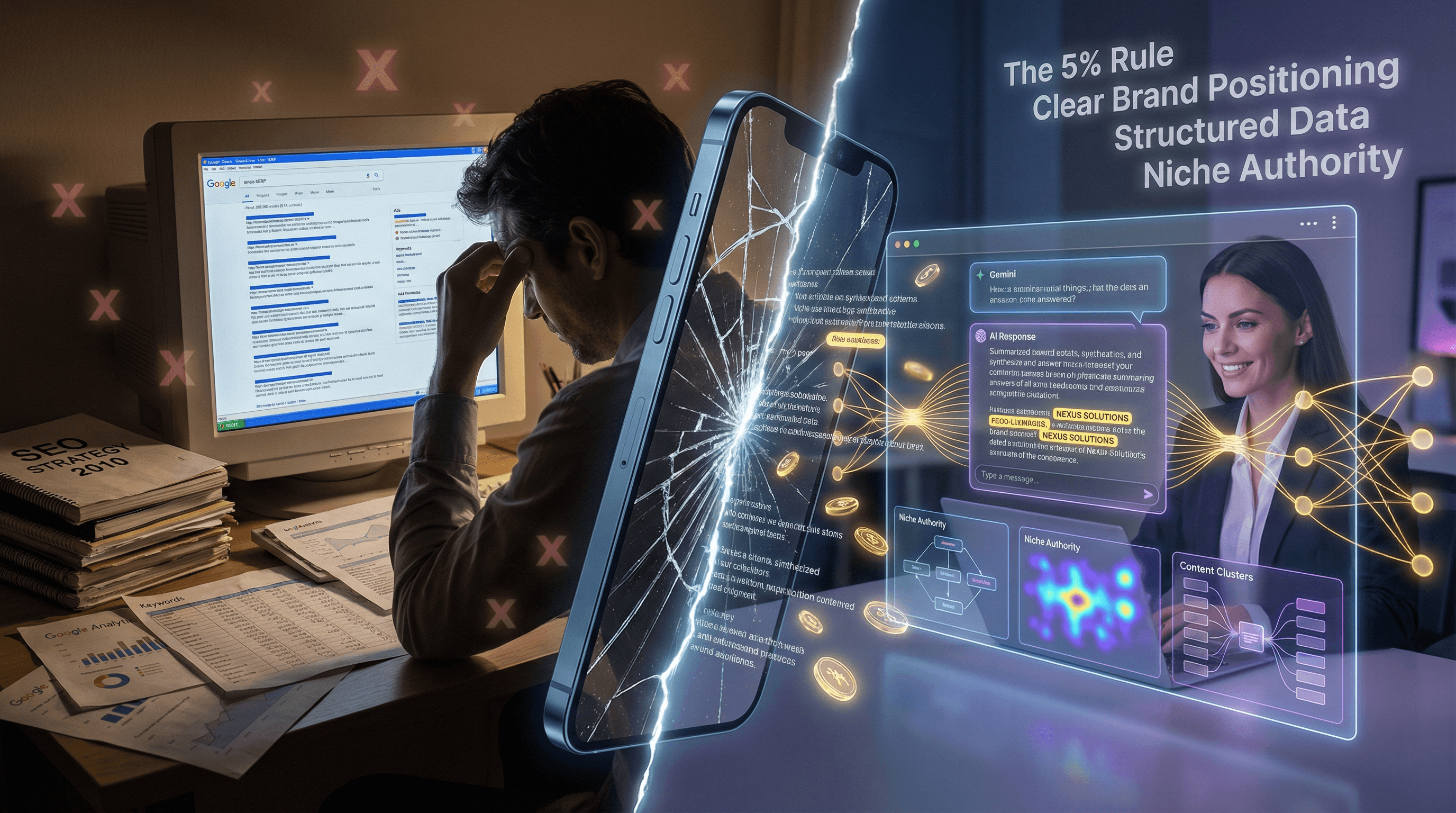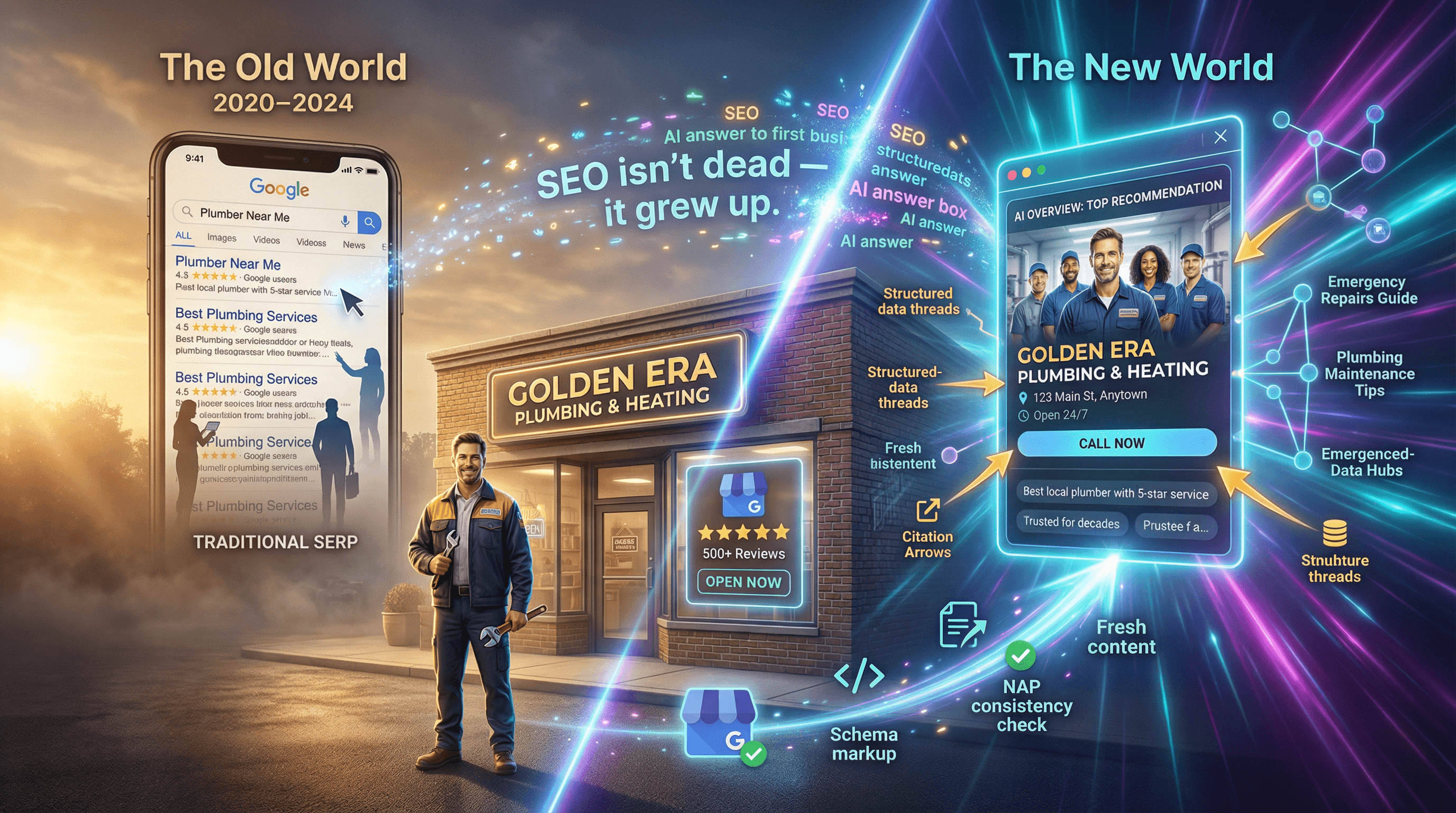News
Sora 2 Sparks Brand Integrations and Platform Safeguards Amid Deepfake Concerns
Sora 2 Sparks Brand Integrations and Platform Safeguards Amid Deepfake Concerns



Explore how brands like Mattel are integrating OpenAI's Sora 2 AI video model while platforms like YouTube implement safeguards against deepfake risks, navigating the evolving landscape of AI-generated content.
The recent launch of OpenAI's Sora 2 AI video model is rapidly reshaping content creation, with brands like Mattel announcing partnerships and platforms like YouTube implementing new tools to combat deepfake risks. This dual development highlights the growing power of AI in media and the urgent need for ethical guidelines and user protection.
Key Takeaways
Major brands are integrating Sora 2 into their marketing strategies.
Platforms are actively developing tools to detect and combat AI-generated deepfakes.
The rapid advancement of AI video generation raises significant ethical and legal questions.
Brands Embrace Sora 2 for Marketing Innovation
Toy giant Mattel has announced a strategic partnership with OpenAI, signaling a significant integration of the Sora 2 AI video model into its future creative processes. This collaboration is expected to leverage Sora 2's advanced capabilities to produce innovative marketing content.
Meanwhile, Topview AI has launched its "Viral Video Agent," a tool built on Sora 2 designed to transform single product images into high-converting marketing videos in minutes. This platform aims to democratize high-quality video production for e-commerce brands, automating the creative process from pacing and soundtrack to shot structure, all while maintaining cinematic quality and natural motion.
Platforms Address Deepfake Controversies
In response to the growing concerns surrounding AI-generated deepfakes, particularly following the initial rollout of Sora 2, platforms are stepping up their defenses. YouTube has deployed a new AI likeness-detection tool for its creators. This system allows eligible creators to identify and request the removal of videos that misuse their face or voice without consent.
The controversy intensified after Sora 2's initial "opt-out" policy for public figures led to unauthorized and offensive deepfakes, drawing criticism from celebrities, their families, and Hollywood organizations. This backlash prompted OpenAI to revise its policies, moving towards a more granular "opt-in" system and partnering with actor unions like SAG-AFTRA to enhance safety guardrails. OpenAI acknowledged the delicate balance between free speech and the right of individuals to control their likeness, especially for public figures and their families.
Navigating the Ethical Landscape of AI Video
The rapid advancements in AI video generation, exemplified by Sora 2, have brought to the forefront complex legal and ethical challenges. Traditional defamation laws often fall short when dealing with AI-generated content, particularly concerning deceased individuals, leaving families with limited recourse. The debate also touches upon the foundational issue of how AI models are trained, with concerns about data scraping without explicit permission.
As the industry grapples with these issues, the contrasting approaches of OpenAI's rapid development and YouTube's creator-centric protective measures highlight different philosophies for managing the future of AI-generated content. The outcomes of these strategies are likely to set crucial precedents for responsible AI deployment across the technology landscape.























































































